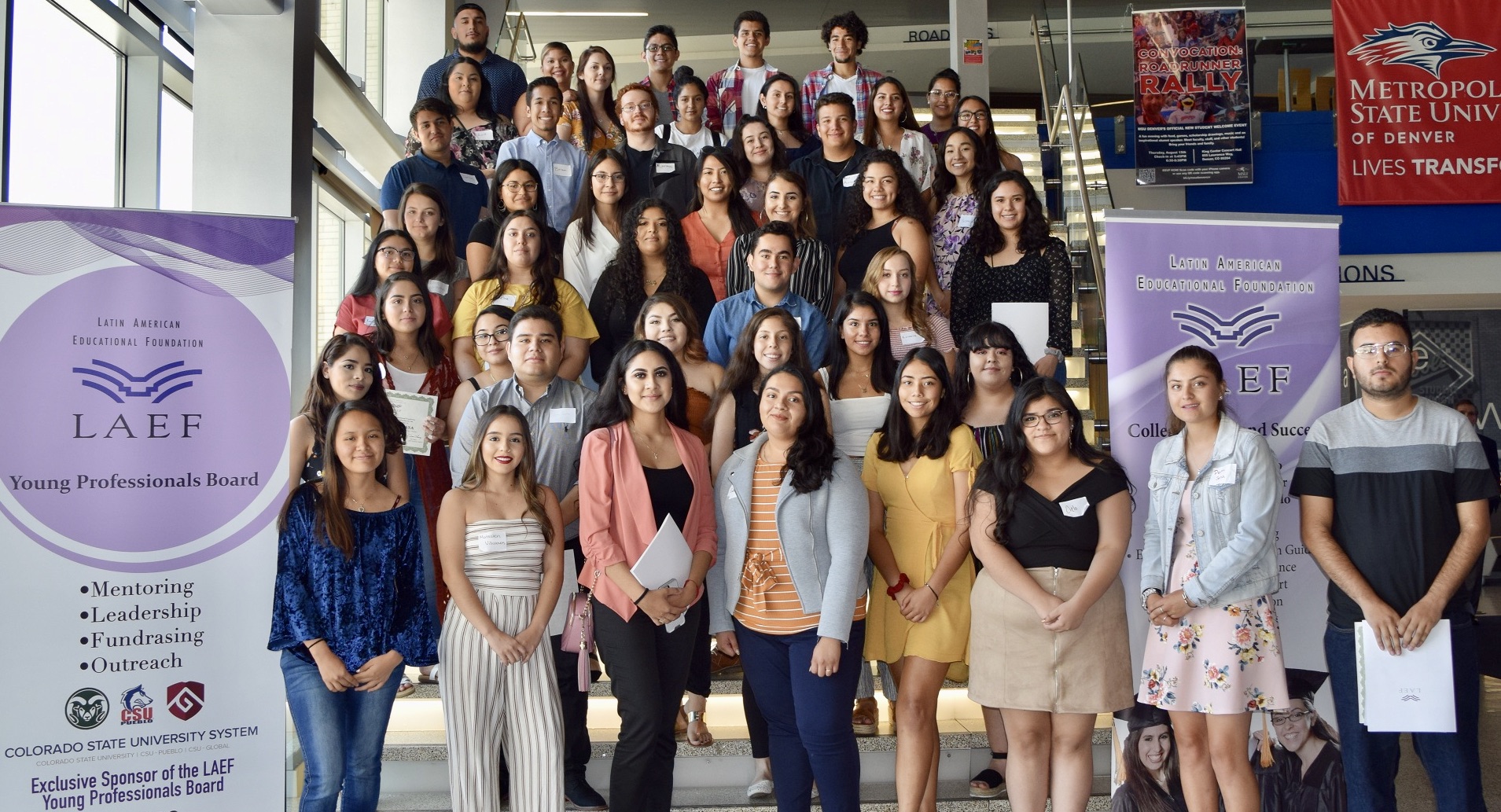
2019-2020 LAEF Scholars at the 2019 LAEF Scholarship Reception on Sept. 21, 2019.
When Craig Quintana stepped foot onto Colorado State University’s Fort Collins campus as a freshman in 1998, he was one of roughly 1,000 Latinx students in a student body of more than 25,000.
To this day, Quintana remembers vividly one of his first CSU experiences.
“I was attending a class in a huge lecture center and looking around I noticed I was one of only a handful of Latinx students,” he recalls. “This observation didn’t negatively affect my experience at CSU; however, I always hoped that there were more Latinx students.”
A first-generation college student and sixth-generation Coloradan, Quintana graduated from CSU with a Bachelor of Arts in speech communication in 2002. He then went on to complete his Master of Education in school counseling and guidance at the University of Arizona before moving back to Colorado, where he has served as a counselor at Smoky Hill High School in Aurora for 14 years.
Quintana was able to attain both his bachelor’s and master’s degrees as a result of scholarship funding from the Latin American Educational Foundation — Colorado’s oldest Latino nonprofit, which has awarded direct scholarships exceeding $7 million to more than 7,000 Latinx students across Colorado since its inception in 1949.
“As a school counselor I am very aware of the role affordability plays in the decision-making process for students who are considering attending college,” said Quintana.
As a result of his LAEF scholarship, Quintana was able to focus the majority of his time and energy as a CSU undergrad on his studies, while also working part-time student jobs and volunteering in the Fort Collins community.
In early 2019, the Colorado State University System formalized its longstanding partnership with LAEF to further align the two organizations’ respective missions and increase college enrollment and retention for more of Colorado’s Latinx students.
Missions aligned
Since the 2000-2001 academic year, more than 400 Colorado students have received LAEF scholarships — nearly $500,000 — to enroll at one of the CSU System’s three campuses: 312 attended CSU in Fort Collins; 99 attended CSU Pueblo, a federally designated Hispanic-Serving Institution; and three attended CSU Global, the nation’s first fully accredited public online university.
“It’s a fabulous partnership,” said LAEF Executive Director Jim Chavez. “The objectives, the goals, and the work of CSU is so much in alignment with the core mission and vision of LAEF.”
Chavez, a Denver native who earned a degree in accounting from CSU in 1987, became executive director in 2003 after a five-year term on the foundation’s board of directors.
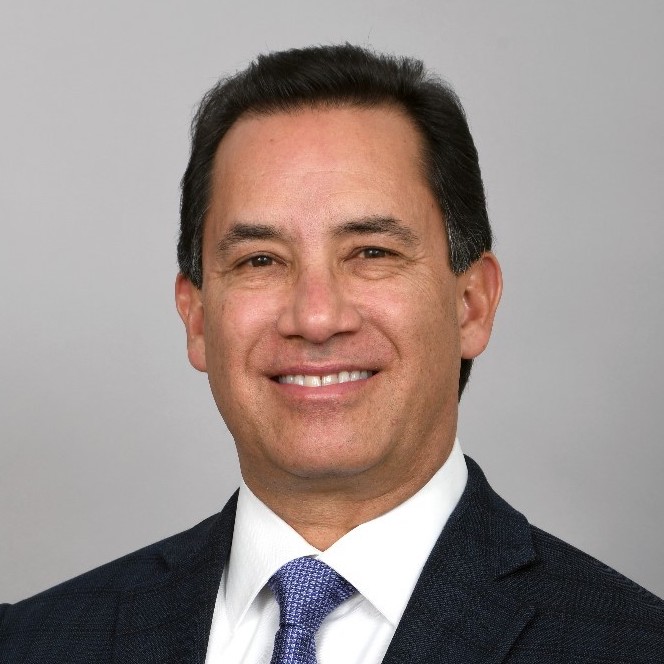
“To have a partner like CSU really helps broaden and expand the awareness and visibility of both of our missions, but also the importance of education and the tremendous need to get many, many more Hispanic and Latinx students to and through college and into great, contributing roles in society,” he said.
In June, LAEF announced its 2020 cohort of first-time scholarship recipients; six of the 24 new LAEF scholars will use the funds to pursue degrees at CSU. The 24 students share an average GPA of 3.9, and all are the first in their families to attend college.
Leslie Taylor, CSU’s vice president for enrollment and access, has played a significant role in establishing and formalizing the System’s partnership with LAEF. For Taylor, “it’s all about making higher education more accessible, equitable, and providing better opportunities for students.” And raising awareness on campus about the University’s connections with partners like LAEF is critical.
“Having the opportunity to meet folks at the LAEF — go down and visit, meet their alums — really shows the amazing commitment and quality of the people involved, and how they’re all committed to one thing: helping young people,” she said.
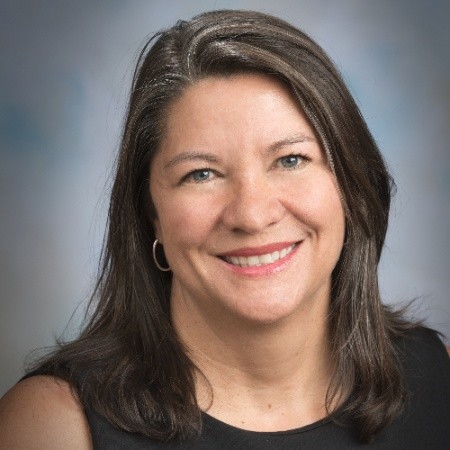
Closing the gap
A 2018 report from the Georgetown University Center on Education and the Workforce, “Rocky Mountain Divide: Lifting Latinos and Closing Equity Gaps in Colorado,” found that “Colorado’s postsecondary attainment gap between Whites and Latinos ages 25 to 34 is the highest among the nine states that have at least one million Latinos.”
The 68-page report revealed that 64% of White residents in Colorado have attained a post-secondary credential (i.e., high-quality certificate, associate’s degree, bachelor’s degree, or higher), whereas only 39% of Black residents and 29% of Latinx and Native American residents have attained a postsecondary credential.
This college attainment gap is an issue Chavez and many others see as highly problematic for Colorado’s Latinx students and ultimately for all of Colorado.
“If we don’t work to decrease that gap, it will have detrimental economic and prosperity impacts,” said Chavez. “We can’t be a successful state in the future if we don’t dramatically increase the number of Latinx students that are pursuing and educating themselves so they can contribute in a greater way to the economy and the state.”
As of Fall 2019, the average graduation rate of LAEF scholarship recipients from CSU in Fort Collins had reached 88% — with an average time to graduation of only 4.2 years and an average GPA of 3.11. That same semester, Latinx students comprised nearly 14% of CSU’s total enrollment and held an average cumulative GPA of 2.89. From the 2011-2012 and 2018-2019 academic years, the number of bachelor’s degrees awarded to CSU’s Latinx students more than doubled.
The Georgetown report also indicated that roughly 31% of Latinx students in Colorado complete a postsecondary credential within five years of college enrollment, compared to 49% of White students; and of the completers, 52% of Latinx students earn a bachelor’s degree, compared to 75% of White students.
Carolina “Caro” Bañuelos, a first-generation college student whose primary language is Spanish, moved to Colorado from California at the age of 16. In 2006, she received an LAEF scholarship to attend CSU, where she double majored in sociology and Spanish, minored in ethnic studies, and graduated in 2010.
One of her most memorable experiences as an LAEF scholar took place at the Foundation’s 2006 recipient celebration at what is now Empower Field at Mile High.
“I recall being anxious about driving to an unknown location, getting lost around the stadium, wondering if my attire was acceptable, and walking down a field with strangers to be recognized,” she said. “It was an affirming and motivating moment for me.”
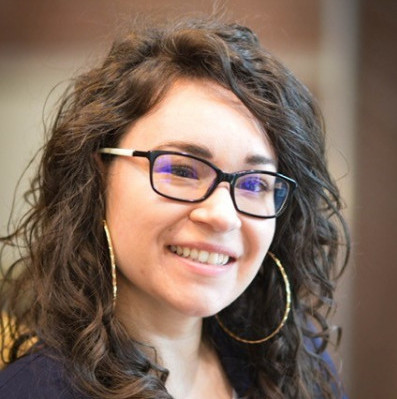
“Being publicly recognized is not something that happens often to Latinx high school seniors, and I remember thinking, ‘Wow, our hard work brought us here today and I can’t wait to see where else we can go.’”
Bañuelos is now a program manager at CSU’s School of Advanced Materials Discovery, working toward completing her doctorate.
“Exposure to the unknown and unfamiliar prepared me for post-college life, and motivates me to continue finding new paths, opportunities, and relationships.”
Giving back
In March 2019, LAEF announced the CSU System’s exclusive sponsorship of the Foundation’s Young Professionals Board, which consists of LAEF alumni and young professionals in Colorado interested in further engaging with and supporting their communities and Latinx students.
“The real value [of the YPB] is to help folks who are either starting to consider college or making their way through college, to help them understand that there is still more out there for them,” said Chavez. “We want them to build their own careers, but we also want them to see and understand that they have a role to play beyond their career, that they can continue to get involved in their communities.”
Objectives of the YPB include mentoring current LAEF scholars; relationship-building with scholarship recipients and partners like CSU to improve success and graduation rates for Latinx students; fundraising through engagement with alumni and younger professionals; leveraging LAEF alumni and young professionals to increase public awareness through outreach; and creating a pipeline of prospective leaders at LAEF and throughout the community.
“Our young professionals benefit from professional mentoring by folks from CSU campuses,” said Chavez. “But they also become mentors to students who are in college now.”
Reflecting on his three years as a YPB member, during which he mentored three Latinx LAEF scholars, Craig Quintana said he was “very happy to serve, because LAEF gave me so much, and I wanted to give back to LAEF.”
“My hope was to provide my mentees with the mentorship that I received when I was an undergraduate student,” he said.
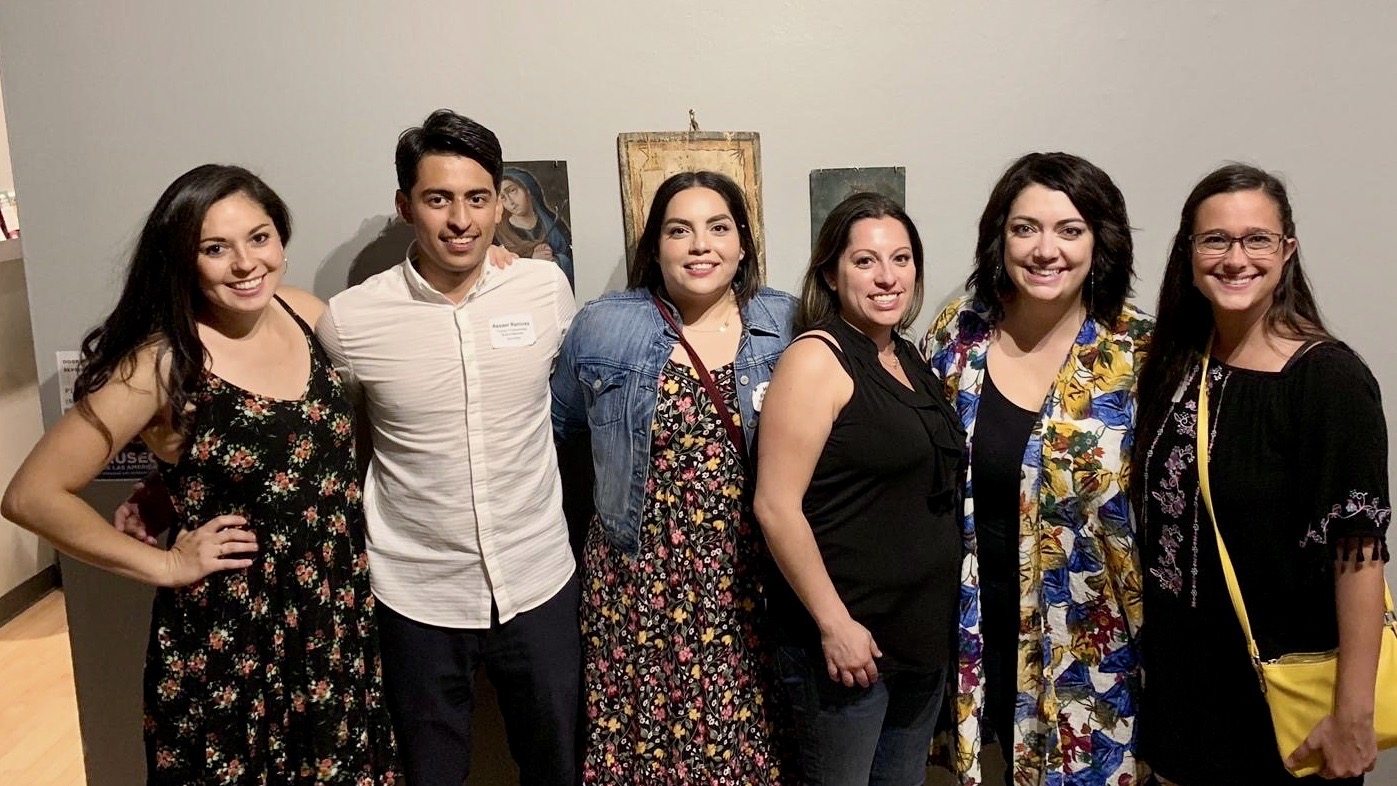
LAEF Young Professionals Board members at the Salud fundraiser — an LAEF event organized by the YPB — on Aug. 3, 2019. (Left to right: Miranda Aragon Mast, Assael Ramirez, Micaela Escontrias, Angela Rodriguez, Mandy Valdes, Andrea Mitra.)
Mandy Valdes, vice president and syndications officer at Rabo AgriFinance in Denver, joined the YPB in 2018 and now serves as the board’s president.
“CSU has been generous with their support of the YPB,” said Valdes, who hopes to continue collaborating with CSU on networking events with mentees when the risks of the ongoing COVID-19 pandemic subside.
Many LAEF alumni have gone on to complete leadership programs from partner organizations such as the Denver Metro Chamber Leadership Foundation and Latino Leadership Institute. Some LAEF alumni, Chavez noted, have also become elected officials. Crisanta Duran, for example, served as a state representative for Colorado’s 5th district from 2011 to 2019, as well as the state’s first Latina Speaker of the House from 2017 to 2019.
Nonprofit board participation is another aspect of the YPB’s leadership development objective, and former YPB members have used their knowledge and experience to join boards of other organizations including Denver’s Hispanic Chamber Foundation.
Looking ahead
As the partnership between the CSU System and LAEF evolves, leaders from both organizations continue to identify and explore ways to support each other as well as Colorado’s growing population of Latinx students.
CSU System staff meet regularly with CSU’s Division of Enrollment and Access to discuss additional engagement opportunities and streamline communications with LAEF’s young professionals, scholarship recipients, and alumni.
In March 2020, Assistant Vice President for Strategic Initiatives and Assessment Shannon Archibeque-Engle joined LAEF’s governing board, further exemplifying the University’s commitment to supporting Latinx students and LAEF scholars in their educational and professional pursuits.
Chavez hopes to expand LAEF’s alumni engagement in Denver and on the CSU campuses into the future.
“It’s always one of our goals to reengage those folks, hear about their careers and their life, and get them back involved so they can enjoy those memories of their time at CSU — but also do even more good work together,” said Chavez.
Ivan Mendoza, a current LAEF scholarship recipient and CSU undergraduate double majoring in business marketing and Spanish, sees value in the connection between CSU and LAEF.
“As a Mexican-American student at CSU, I am more successful due to the support I have received from CSU, as a result of this partnership between LAEF and CSU,” Mendoza said.
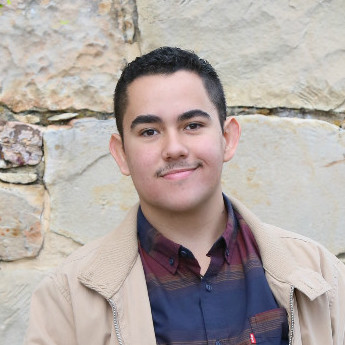
“This partnership has really raised awareness of the importance of getting many more Latinx young people to think about college and consider going to a great university where they can have an incredibly broad, comprehensive education,” Chavez said.
About Colorado State University System
Colorado State University System is comprised of three distinct universities: CSU, a leading public research university and the state’s only land-grant institution, located in Fort Collins; CSU Pueblo, a regional-serving campus and federally designated Hispanic-Serving Institution; and CSU Global, the nation’s first fully accredited public online university. The CSU System’s institutions serve nearly 60,000 students annually. Learn more about the CSU System and its institutions, projects, and partnerships at csusystem.edu.
About Latin American Educational Foundation
Latin American Educational Foundation (LAEF) is a 501(c)(3) nonprofit organization and generates its funding from corporations, foundations, and individual contributors. Since its formation in 1949, LAEF continues to provide access to higher education for Hispanic and Latinx students in Colorado, helping students and their families navigate the college-going process. Visit laef.org to learn more.